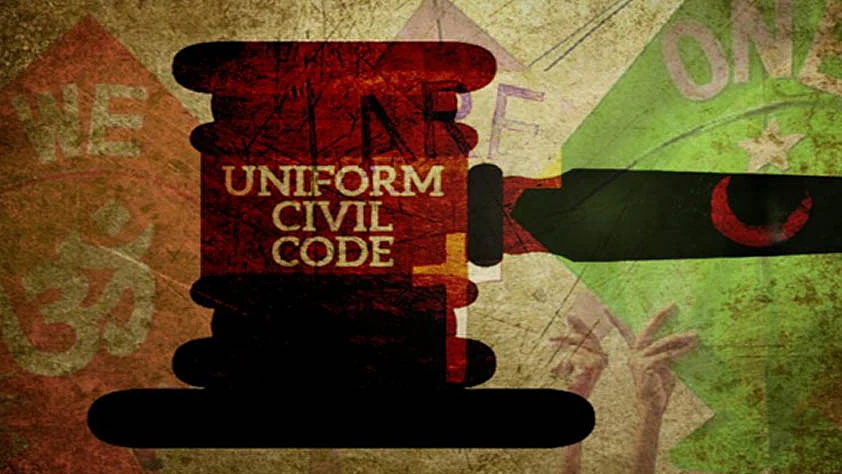Muslim leaders argue UCC impractical in India
Leaders of Islamic organisations have weighed in on the fresh conversation on an Uniform Civil Code (UCC) initiated by the 22nd Law Commission on 14 June

In response to the 22nd Law Commission of India requesting fresh inputs from the public on the subject of an Uniform Civil Code (UCC) on 14 June, leaders of various Islamic organisations, including prominent Muslim clerics, have said that such a code is impractical in India.
They noted that the nation has a number of religious minorities, each with its own way of life, all of which would be affected in an unconstitutional way if any UCC were instituted.
Maulana Khalid Rashid Farangi Mahali, chairman of Islamic Centre of India and member of All India Muslim Personal Law Board, was one of those who pointed out that the UCC issue is raised repeatedly by politicians just before the elections.
"I have always stated that the UCC is not only going to affect Muslims but also Hindus, Sikhs, Christians, Jains, Jews, Parsis and other minuscule minorities living in the country, the maulana said. "Every community has a different way of praying, performing rituals and ceremonies like marriage. So, to some extent, personal life is different. The freedom to practise one's own faith and way of life is granted by the Constitution," he added.
He also pointed out that "almost 99 per cent of laws" are already uniform for all, and said that "there are some personal laws which should remain untouched as they are different for different communities".
Maulana Yasoob Abbas, the general secretary of the All India Shia Muslim Personal Law Board, said the board was set to oppose the UCC. Abbas said, "India is a beautiful country where people of all faiths have been living peacefully since ages with their personal laws. Every community needs its own personal laws to survive so any interference would not be welcomed."
Maulana Arshad Madani, president of the Jamiat Ulama-e-Hind and vice-chancellor of the Darul Uloom Deoband, echoed Abbas, saying, "For the past 1,400 years, Muslims have been living in India with their personal laws. Now why this eagerness to impose UCC?" The Jamiat too would oppose any effort to supersede personal laws, he added. "We respect the personal laws of other communities, so we want everyone to respect our personal laws," he added.
Samajwadi Party MP Shafiqur Rahman Barq from Sambhal felt even the opening of the topic again by the Law Commission would "only spread hatred" in the country.
Shaista Amber, president of the All India Muslim Women Personal Law Board, was more measured in her response and reserved judgement for now, saying, "I would like to see the blueprint of [the] UCC. Personally, I am not in favour of any changes in personal laws but I will seek the opinion of [other] women before opposing it or supporting it."
Follow us on: Facebook, Twitter, Google News, Instagram
Join our official telegram channel (@nationalherald) and stay updated with the latest headlines